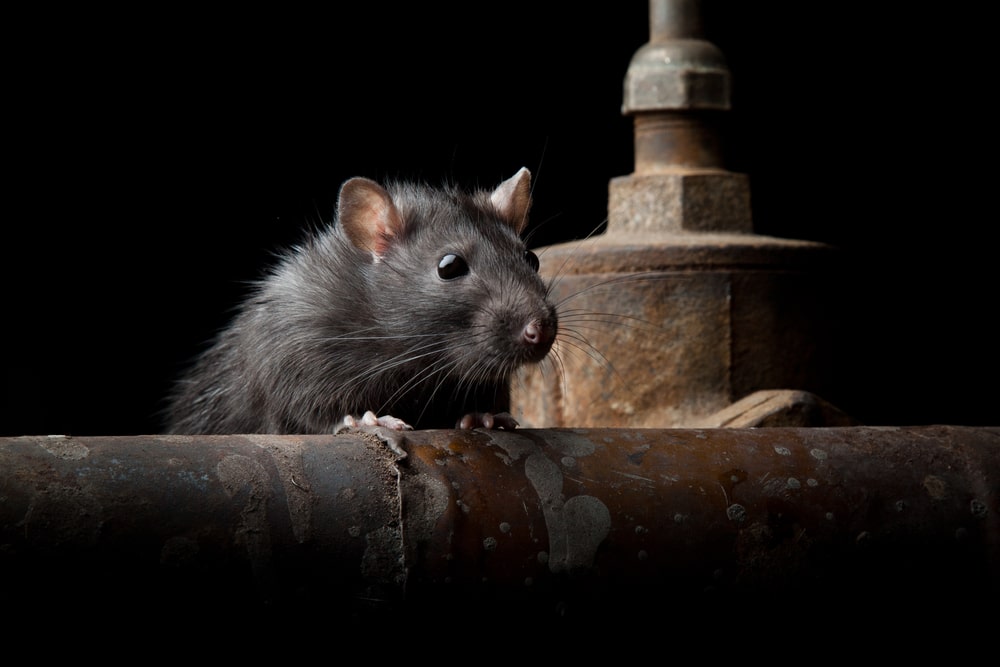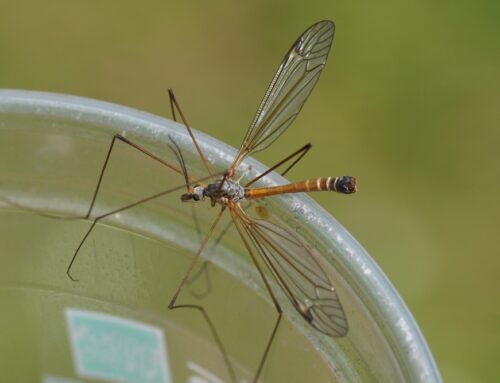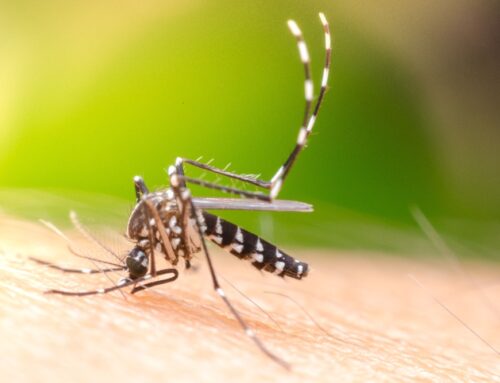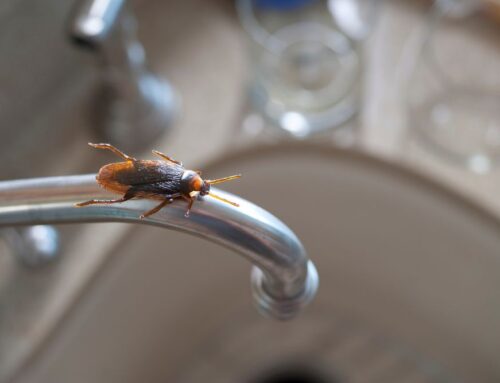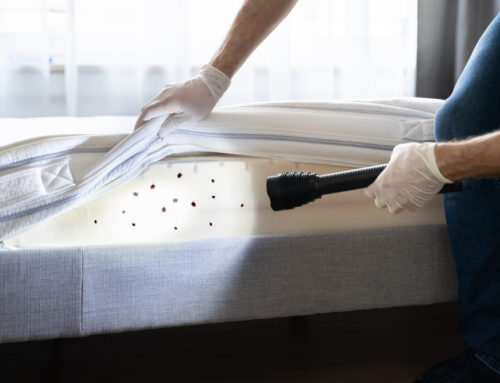There’s a common misconception that rodents can’t handle extremely low temperatures and therefore go into hibernation in the winter. The truth is, most rodents (rats, mice, and squirrels in particular), are very “hardy” and remain active even through the coldest nights of winter.
The little animals have strong survival mechanisms that not only enable them to maintain their destructive habits across a wide range of habits and climates but also carry and spread diseases like hantavirus and salmonella. These mechanisms include:
Hoarding Food
Rodents can sense when winter is near and by late fall, they will start preparing for it by gathering and storing as much food as they can in their nests and burrows. This ensures they won’t be forced to go out in the biting cold to search for food more often than it’s necessary. The fact that they have to consume more food during winter to help keep their body temperatures high means they have to hoard even more food than usual.
Looking for Warm Places
Like all animals, rodents need warm shelters throughout the winter months. As such, they will be more committed to gaining access to your home as the season nears.
Rats are the most notorious in this regard and they are known to chew through tough materials like bricks, lead, glass, and even aluminum in the course of their home-breaking endeavors. And where it’s not possible to chew their way indoors, they are quite adept at burrowing deep tunnels under walls and trees to serve as temporary abodes.
Quick Adaptation
In their desperate quest for survival, rodents will take advantage of anything that comes their way. They start eating things they wouldn’t normally eat, like cloths and pet feces and they will also look for any sort of cavities in the walls, attics, and floors that could provide a warm and secure cover.
If you are worried about a pest infestation this winter – and you have every right to be – here are some rodent prevention tips you could use:
- Ensure all your food storage containers are tightly sealed at all times
- Put your garbage in tightly sealed bins and dispose of it regularly
- Buy a cat, or a dog, if you don’t have one
- Keep your house and compound clean and tidy
- Throw all leftover foods into the garbage bin before you go to bed
- Only serve your pet enough food for one meal, especially at night, and lock away any leftovers

